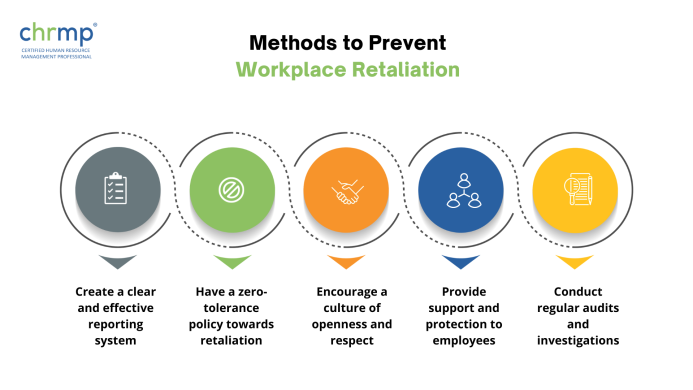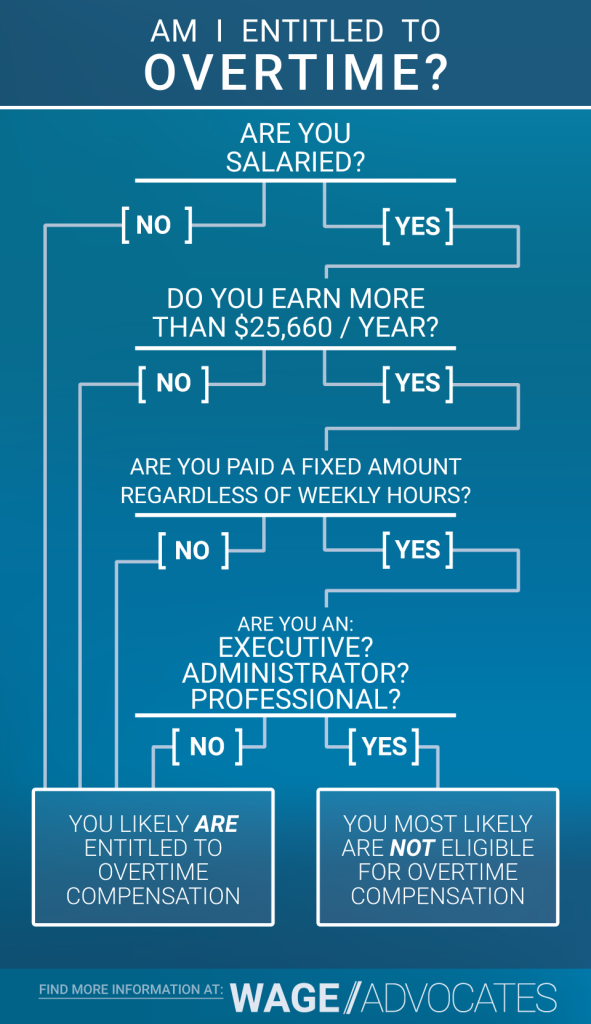
The Silent Goodbye: Understanding The Impact of Candidate Ghosting on Recruitment and Beyond
In today’s fast-paced job market, a new and frustrating trend has emerged: candidate ghosting. Just like in dating, "ghosting" in the professional world means suddenly disappearing without a trace, explanation, or farewell. This phenomenon, where job applicants or even hired candidates simply stop communicating, is becoming increasingly common and has significant ripple effects throughout the entire hiring process and beyond.
If you’re new to the world of recruitment or job searching, understanding candidate ghosting is crucial. This article will break down what it is, why it happens, and its wide-ranging impacts on employers, recruiters, and even the candidates themselves.
What Exactly Is Candidate Ghosting?
Imagine you’ve applied for a job, gone through a few interviews, and maybe even received a job offer. Then, suddenly, you just stop responding to emails or phone calls from the company. Or, perhaps you’re a company that’s extended an offer, and the candidate who accepted it simply doesn’t show up on their first day – no call, no email, just silence. That’s candidate ghosting.
It happens at various stages of the hiring process:
- After applying: The candidate applies but never responds to an invitation for an interview.
- After an interview: The candidate completes one or more interviews but then disappears when the company tries to schedule the next step or offer feedback.
- After receiving an offer: The candidate receives a job offer but never formally accepts or declines it, simply vanishing.
- After accepting an offer: The candidate accepts the job offer but then fails to show up on their start date, without any prior communication.
Why Are Candidates Ghosting? Understanding the "Silent" Reasons
While it might seem unprofessional, there are several reasons why candidates choose to ghost. It’s often a mix of market dynamics, personal circumstances, and sometimes, even a reflection of the employer’s own hiring practices.
- Booming Job Market & Multiple Offers: In a candidate-driven market (where there are more jobs than qualified people), skilled candidates often have many options. They might be juggling multiple offers and simply choose the best fit without feeling the need to formally decline others.
- Long & Slow Hiring Processes: Companies with drawn-out interview stages, long waits between rounds, or slow decision-making can frustrate candidates. If a faster, more efficient opportunity comes along, they’ll often jump ship without looking back.
- Poor Candidate Experience: If the interview process was disorganized, the recruiters were unresponsive, or the company culture seemed off, candidates might feel disrespected. Ghosting can sometimes be a silent protest against a negative experience.
- Lack of Communication from Employers: Ironically, candidates sometimes ghost because they’ve been ghosted by employers in the past. If a company doesn’t provide updates, feedback, or even a simple "no" after an interview, candidates might adopt the same approach.
- Easier to Disappear Online: With online applications and remote interviews, the personal connection can be weaker. It feels less like "ghosting a person" and more like "ghosting an email address," making it easier to do.
- Changed Minds or Personal Reasons: Sometimes, a candidate’s life circumstances change unexpectedly, or they simply realize the job isn’t the right fit for them after all. They might feel awkward or uncomfortable delivering the news directly.
- Fear of Confrontation: Declining an offer or withdrawing from an interview process can feel daunting for some, especially if they’ve invested time and effort. Ghosting provides an "easy" way out, avoiding a potentially uncomfortable conversation.
The Far-Reaching Impact on Employers: More Than Just a Nuisance
While candidate ghosting might seem like a minor inconvenience, its impact on businesses can be substantial, affecting finances, time, and reputation.
1. Financial Costs
- Wasted Recruitment Resources: Every stage of the hiring process costs money. This includes the time recruiters spend sourcing, screening, interviewing, and making offers. When a candidate ghosts, all that effort and the associated salaries are essentially wasted.
- Advertising Expenses: If a position needs to be re-advertised, that’s an additional cost for job board postings, social media ads, or agency fees.
- Lost Productivity: An open position means work isn’t getting done, or existing employees are stretched thin covering the gap. This directly impacts projects, deadlines, and overall business output, leading to lost revenue or increased overtime costs.
- Training Costs (if applicable): If a candidate ghosts after starting, the company might have already invested in onboarding and initial training, all of which is now lost.
2. Time & Resource Drain
- Extended Time-to-Hire: Ghosting forces companies to restart or significantly prolong the hiring process. This means the critical role remains unfilled for longer, delaying business goals.
- Increased Workload for Recruiters: Recruiters have to go back to square one, sifting through resumes, rescheduling interviews, and repeating the entire cycle. This takes away time they could be spending on other vital tasks.
- Hiring Manager Frustration: Hiring managers invest significant time in interviews. When a candidate ghosts, it’s not just a time drain but also a source of frustration and demotivation.
3. Damage to Employer Branding & Reputation
- Negative Perception: While the ghosting candidate is usually the one acting unprofessionally, frequent ghosting can signal an underlying issue with the company’s hiring process or employer brand. Are candidates being treated well? Is the process too long?
- Reduced Applicant Pool: Word can spread. If a company is known for a poor candidate experience (which might contribute to ghosting), top talent might avoid applying in the first place.
- Impact on Online Reviews: While ghosting candidates rarely leave reviews, the overall sentiment around a difficult or confusing hiring process can lead to negative feedback on platforms like Glassdoor.
4. Impact on Team Morale & Existing Employees
- Increased Workload: When a role remains open due to ghosting, existing team members often have to pick up the slack. This can lead to burnout, stress, and decreased job satisfaction.
- Demotivation: Constantly waiting for a new hire who never materializes can be demoralizing for a team that’s eager for support and new talent.
- Uncertainty: A prolonged hiring process due to ghosting can create uncertainty within the team about the company’s stability or growth plans.
The Ripple Effect: Impact on Other Candidates
While most of the focus is on employers, candidate ghosting can also indirectly affect other job seekers.
- Longer Wait Times: If a company holds a spot open for a ghosting candidate, other qualified applicants might have to wait longer to hear back or miss out on the opportunity entirely if the role is temporarily paused.
- Missed Opportunities: In some cases, a company might have a second-choice candidate who would have been offered the role immediately if the first-choice hadn’t ghosted. This delays the process for everyone involved.
- Increased Competition (Potentially): If a role re-opens due to ghosting, it might attract a new wave of applicants, increasing the competition for those who were already in the pipeline.
The Unseen Cost: Impact on the Ghosting Candidate
While ghosting might seem like an easy way out, it’s not without potential long-term consequences for the candidate themselves.
- Burning Bridges: The professional world is often smaller than you think. Recruiters and hiring managers remember candidates who ghost. This can lead to being blacklisted from future opportunities at that company or even within their network of contacts.
- Damaged Professional Reputation: While not immediately visible, a reputation for unreliability can follow a candidate. Recruiters often connect, and negative experiences can be shared.
- Missed Networking Opportunities: Even if a job isn’t the right fit, declining professionally can lead to valuable networking connections for future roles. Ghosting eliminates this possibility.
- Lack of Feedback: By disappearing, candidates miss out on valuable feedback that could help them improve their interview skills or understand why a role wasn’t a good fit.
- Uncertainty and Stress (for themselves): While it avoids a difficult conversation, ghosting can also leave a lingering sense of guilt or worry about future consequences.
How to Combat Candidate Ghosting: Strategies for Employers
Understanding the problem is the first step; the next is implementing solutions. Employers can significantly reduce the likelihood of candidate ghosting by focusing on these key areas:
1. Prioritize Excellent Communication
- Be Proactive & Timely: Don’t leave candidates in the dark. Send regular updates, even if it’s just to say, "We received your application and will be in touch within X days."
- Set Clear Expectations: Let candidates know the timeline for each stage of the hiring process and when they can expect to hear back.
- Provide Feedback (Even a "No"): If a candidate isn’t moving forward, send a polite and prompt rejection. It shows respect and can prevent them from feeling ignored and eventually ghosting you.
- Personalize Interactions: Avoid generic, automated messages. A personalized email or call makes a candidate feel valued.
2. Streamline & Speed Up the Hiring Process
- Reduce Interview Rounds: Evaluate if every interview stage is truly necessary. Can some be combined?
- Make Quicker Decisions: Speed up internal decision-making processes. Top talent won’t wait around forever.
- Be Organized: Ensure interviewers are prepared and that scheduling is efficient. Avoid last-minute changes or cancellations.
3. Enhance the Candidate Experience
- Be Respectful & Empathetic: Treat candidates as you would want to be treated. Remember, they are people with busy lives and other opportunities.
- Provide a Realistic Job Preview: Be transparent about the role, company culture, and challenges. This helps candidates self-select and reduces surprises later.
- Showcase Your Culture: Let candidates see what it’s like to work at your company. A positive impression can make them more committed.
- Offer Competitive Packages: While not solely about money, a fair salary, benefits, and growth opportunities are crucial in attracting and retaining talent.
4. Build Relationships, Not Just Fill Slots
- Engage with Candidates: Beyond just interviews, find ways to engage candidates. A quick call, a personalized email, or even connecting them with future teammates can make a difference.
- "Sell" the Opportunity: Don’t just screen; actively sell the benefits of working for your company. Show them why your opportunity is better than others they might be considering.
- Stay in Touch (Talent Pools): Even if a candidate isn’t right for the current role, keep their information for future opportunities (with their permission).
The Future of Hiring: Mutual Respect is Key
Candidate ghosting is a symptom of a rapidly evolving job market. While employers can take many steps to reduce it, it also highlights the importance of professionalism from both sides. For job seekers, a simple, polite email declining an offer or withdrawing an application goes a long way in building a positive professional reputation. For employers, transparent, efficient, and respectful communication is no longer a luxury but a necessity.
By understanding the "why" behind candidate ghosting and implementing proactive strategies, companies can create a more positive and professional hiring experience, ultimately attracting and retaining the best talent in a competitive world.




Post Comment